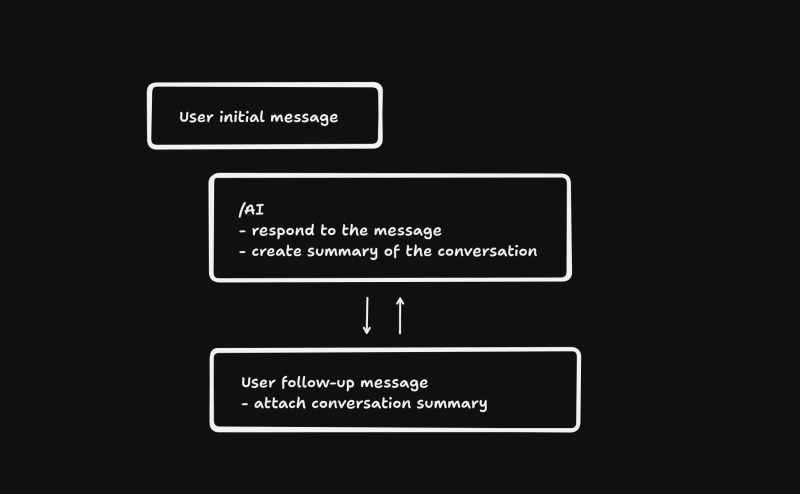In this job market, when applying for jobs and braving several rounds of interviews, in my opinion, there is nothing more triggering than seeing, “We’ve decided to move forward with candidates more aligned with our company.”
What do you mean by that?
Other than the fact that it’s a general way to say you weren’t chosen, it could mean several things:
Skills and experience
The competition is FIERCE, especially when you’re just starting your career and you feel as if your skills and experience fit perfectly for the position. You may even have worked in the same industry as the title you’re applying for, but if the interviewers feel like someone relayed their skills and experience better, it’s game over.
On the other end of the spectrum, if you have years of experience, entry-level jobs will say that you’re overqualified for the position. Usually, it’s from a bag of assumptions on the employer’s part:
“They will leave for a better salary/position.”
“They will likely get bored with this position.”
“This person could advance quickly, and we will need to hire for this position again sooner than later.”
Cultural Fit
Cultural fit could mean so many things, but I take it as meaning that the company wants everyone to have the same goals. This is why it’s important to do some reconnaissance on any company you know you’re going to have an interview with! Visit their website and read their mission statement so you can find a way to work it into why you applied and how you’d be a great fit. But remember, you are also interviewing these companies; checking their mission statement and reading reviews from past employees can help you decide if you want to spend your time applying.
Reconnaissance is a good way to spot any red flag language similar to :
“We are all family here!”
Translation: We don’t have boundaries, and you’ll never know what work/life balance is.
“This is a fast-paced environment.”
Translation: big workload, barely any breaks.
” You’ll wear many hats in this position.”
Translation: Again, boundaries. This phrase is typically used with postings I describe as “bag ‘o’ jobs” because the job title says, “Graphic Designer,” but the job description also lists tasks aligned with a videographer or a producer.
Picture credit : Getty Images
Salary Expectations
Unfortunately, profit is the bottom line for much bigger companies, so if they can squeeze every ounce of life out of you for a barely livable wage, they’ll do it. That’s why being vague about salary expectations is one of the main problems of today’s job landscape. We’ve all heard about the job descriptions listing the salary as a range between $29,000 – $100,000 which translates to a lack of transparency. What I like to say in response to salary expectations is : ” What is the range for this position?” when I speak to the interviewer or recruiter, because it usually catches them off guard and they’ll tell you the actual range. This is a good way to decide if you want to move forward and negotiate your salary.
Solution: Feedback
It’s unrealistic to expect every company to give personal feedback when you apply for a job, but it is reasonable to want feedback on why you weren’t chosen for the position after an interview. If you have the email of the person that interviewed them, send a note thanking them for the opportunity ( I know, I know), and ask for any feedback they have on your interview to help you improve your skills as you navigate the job market.
Be prepared to receive silence or a “non-answer”, but it’s worth it if you can get some worthwhile information on how you can elevate your interview experience.
Overall, this sucks.
I’m unemployed and learning just like anyone else, but I don’t want anyone to make the mistake of internalizing rejection as something wrong with them like I did.





